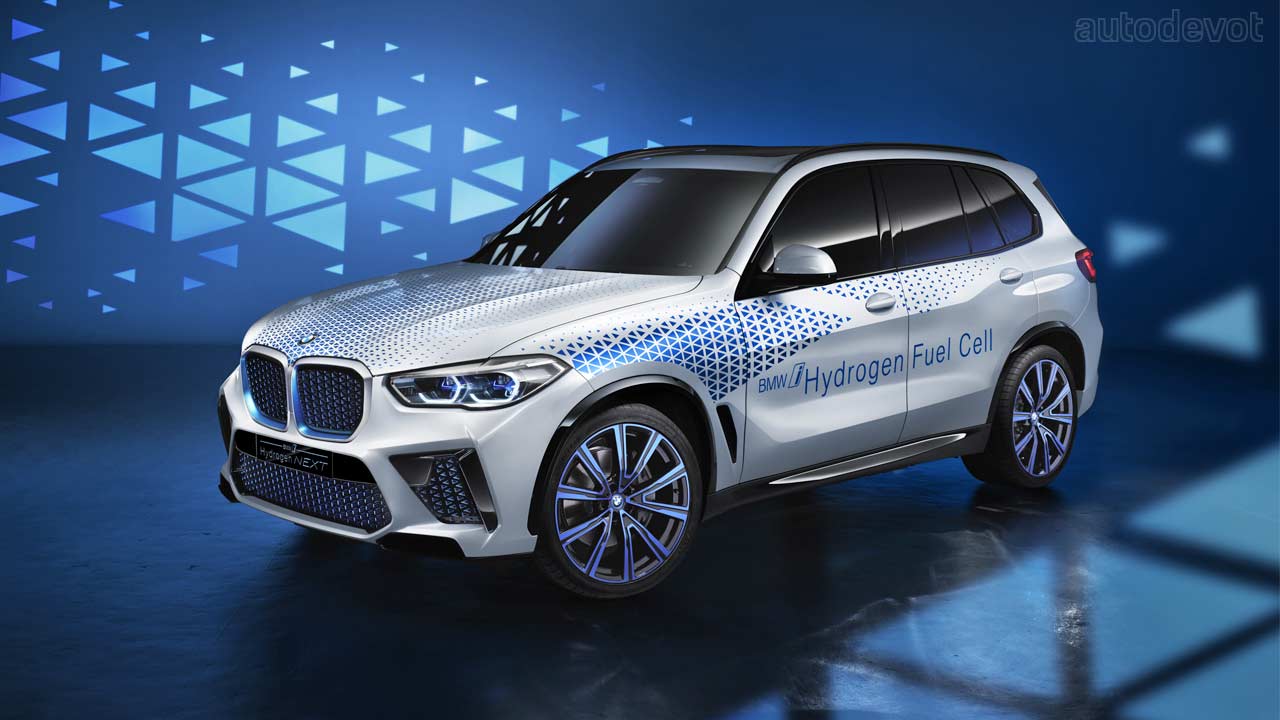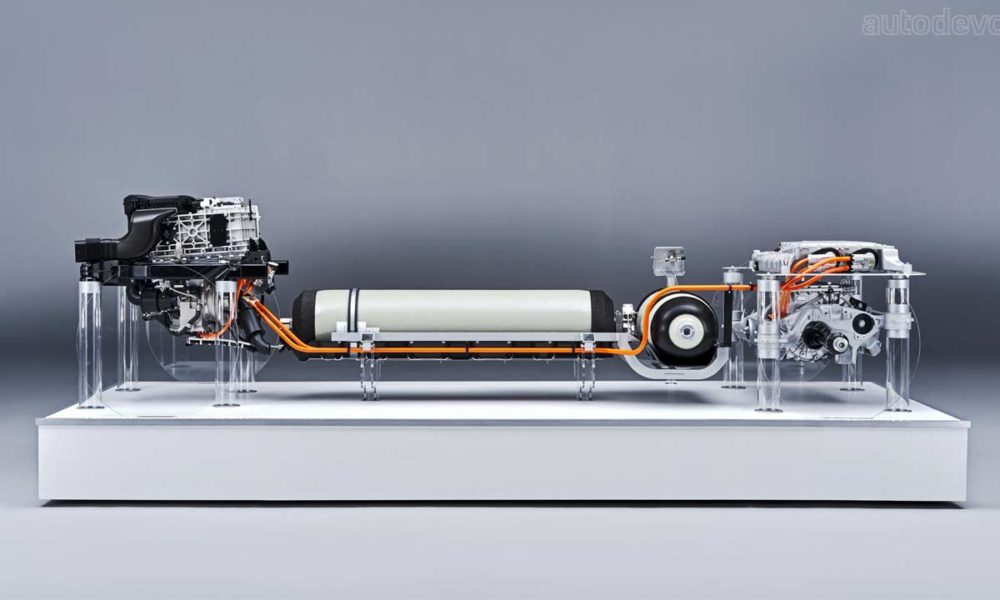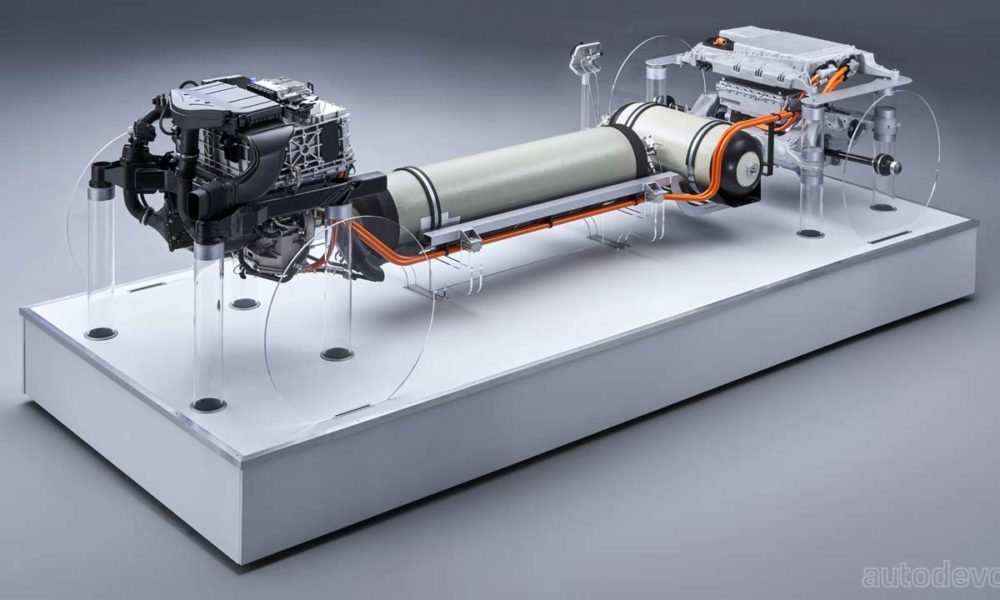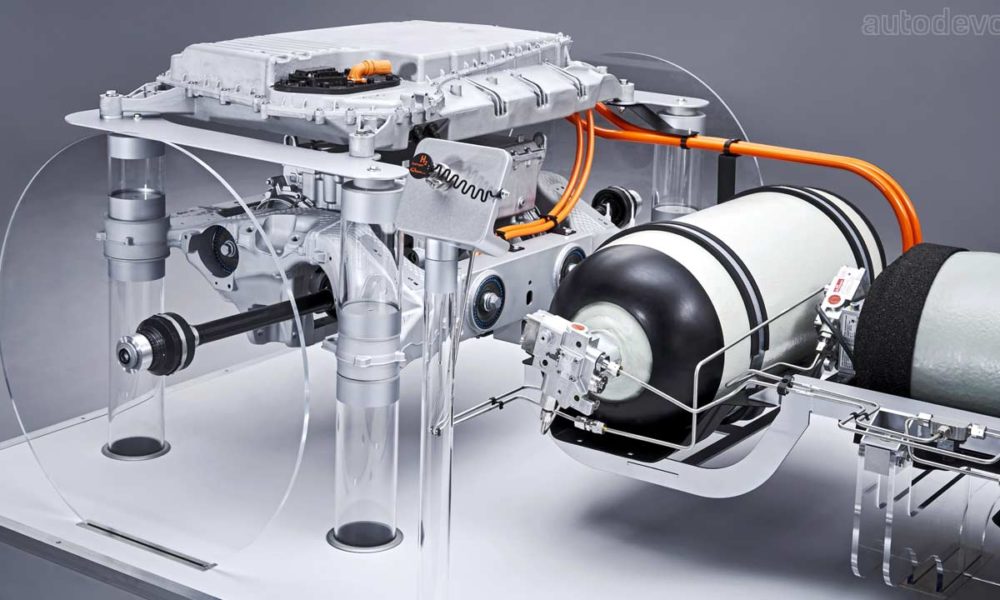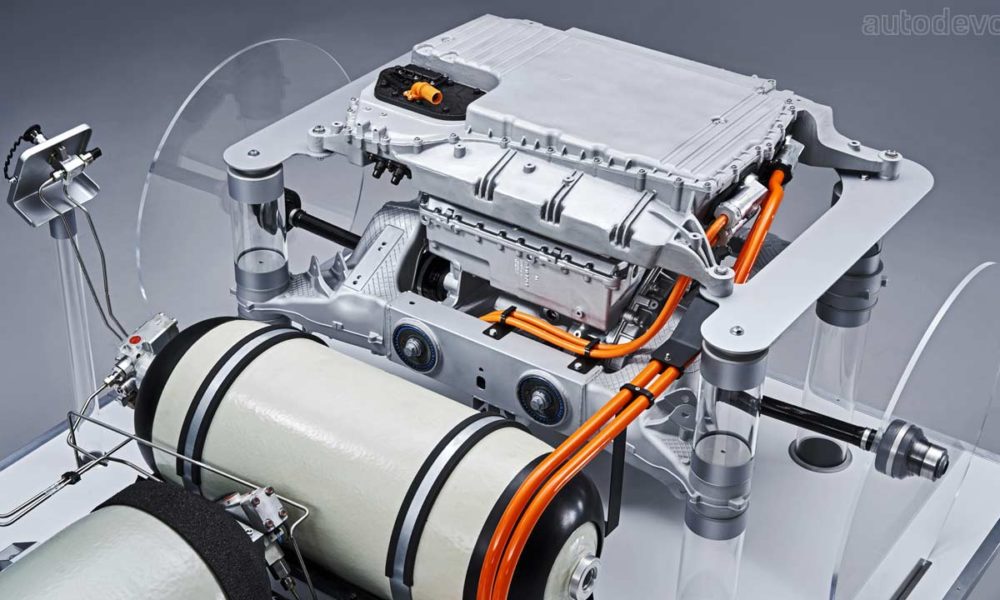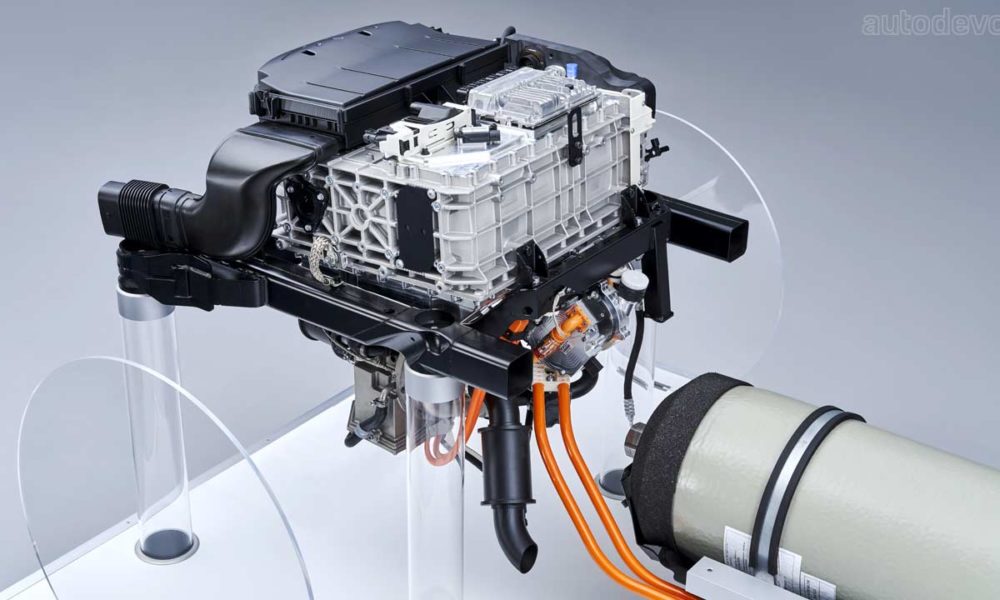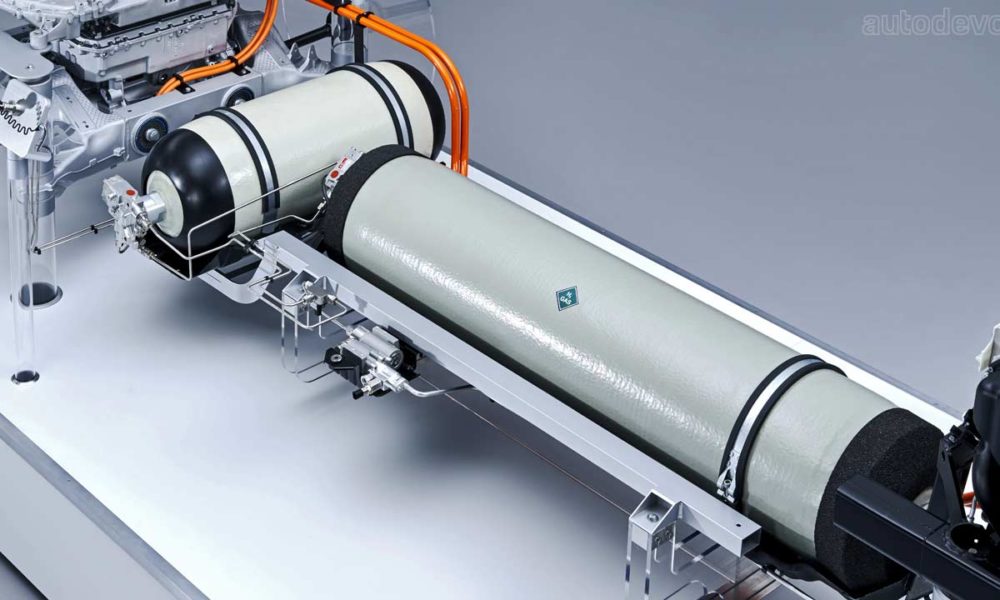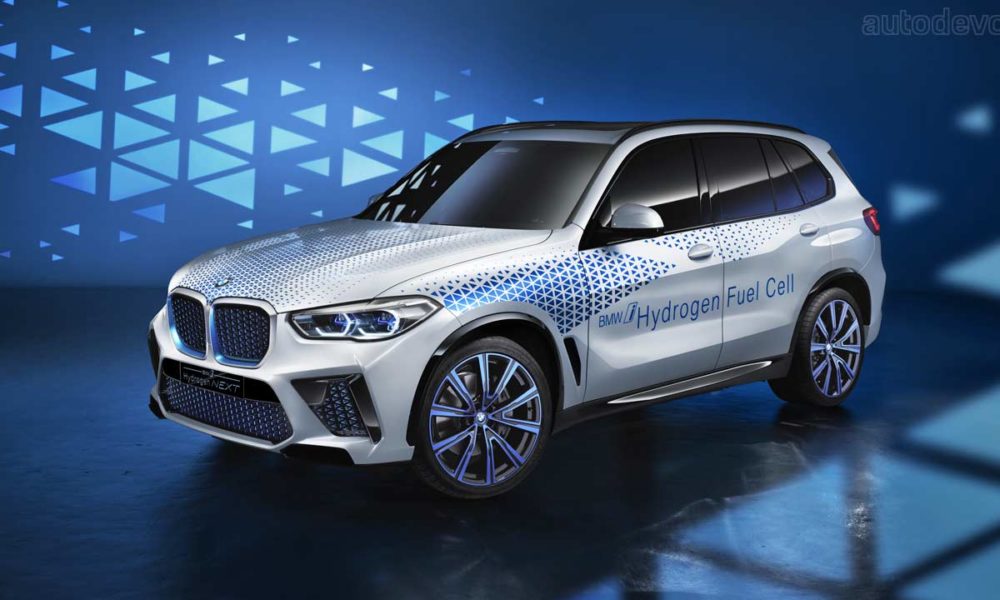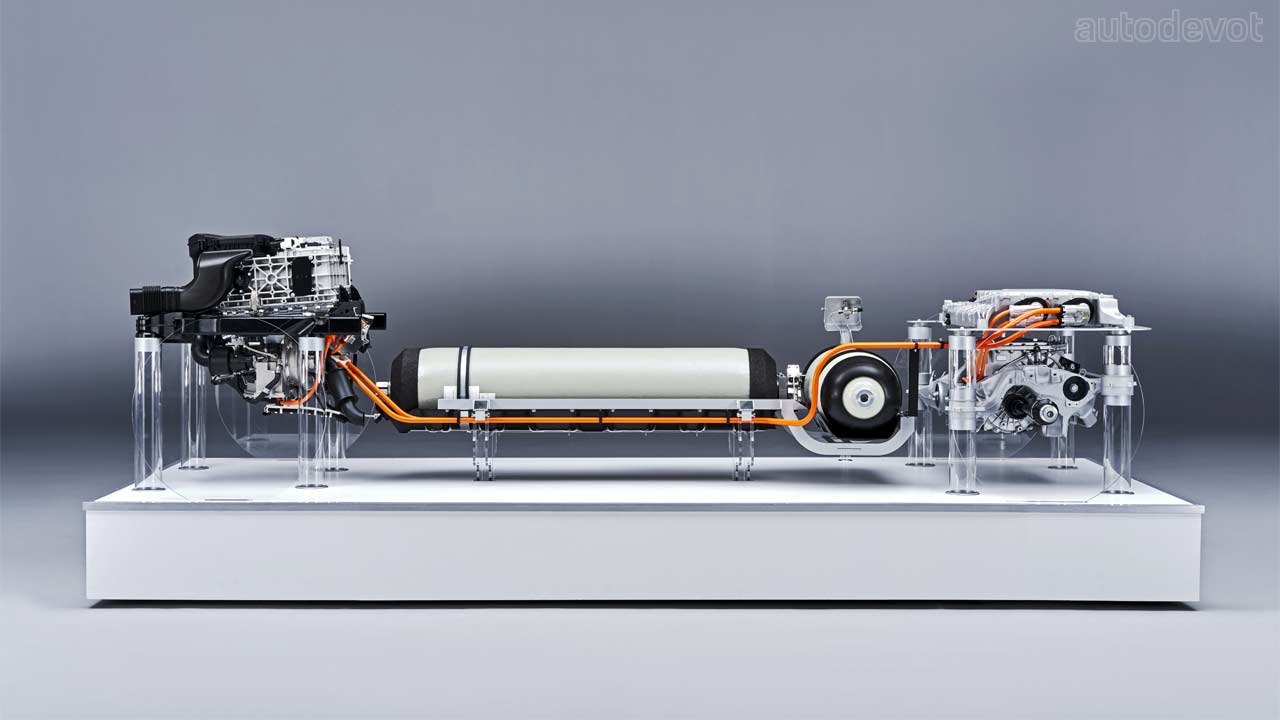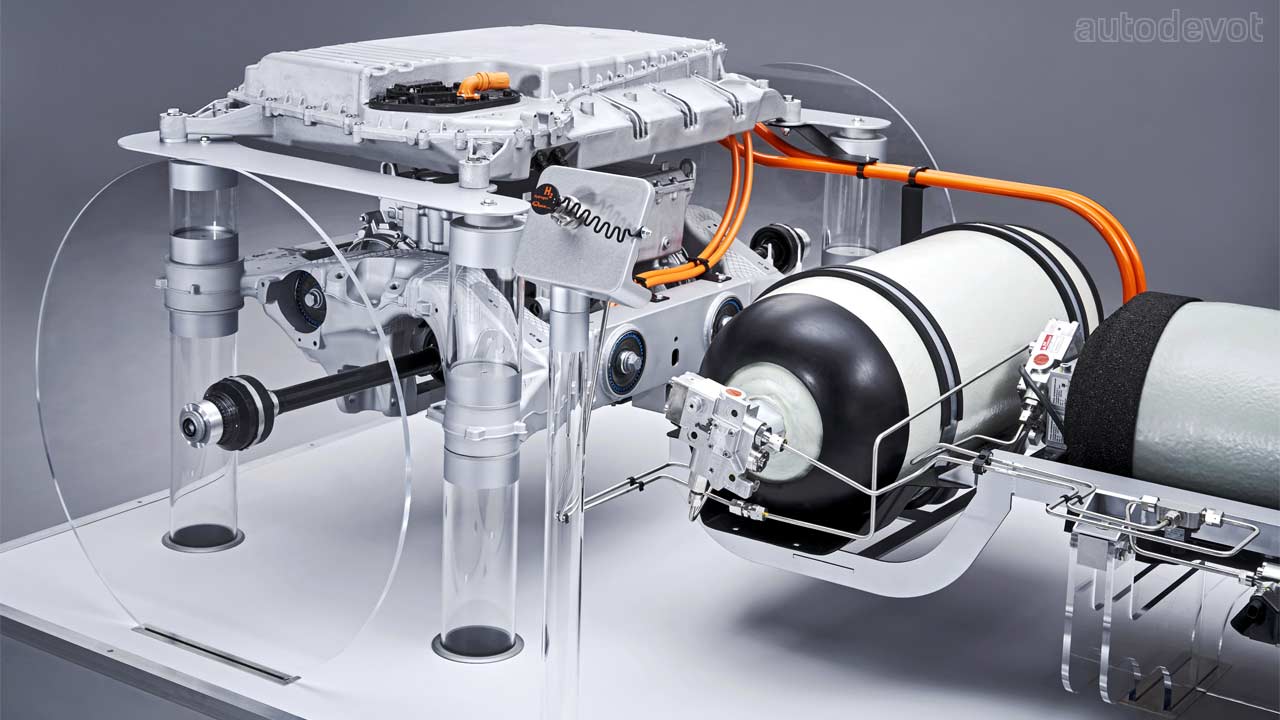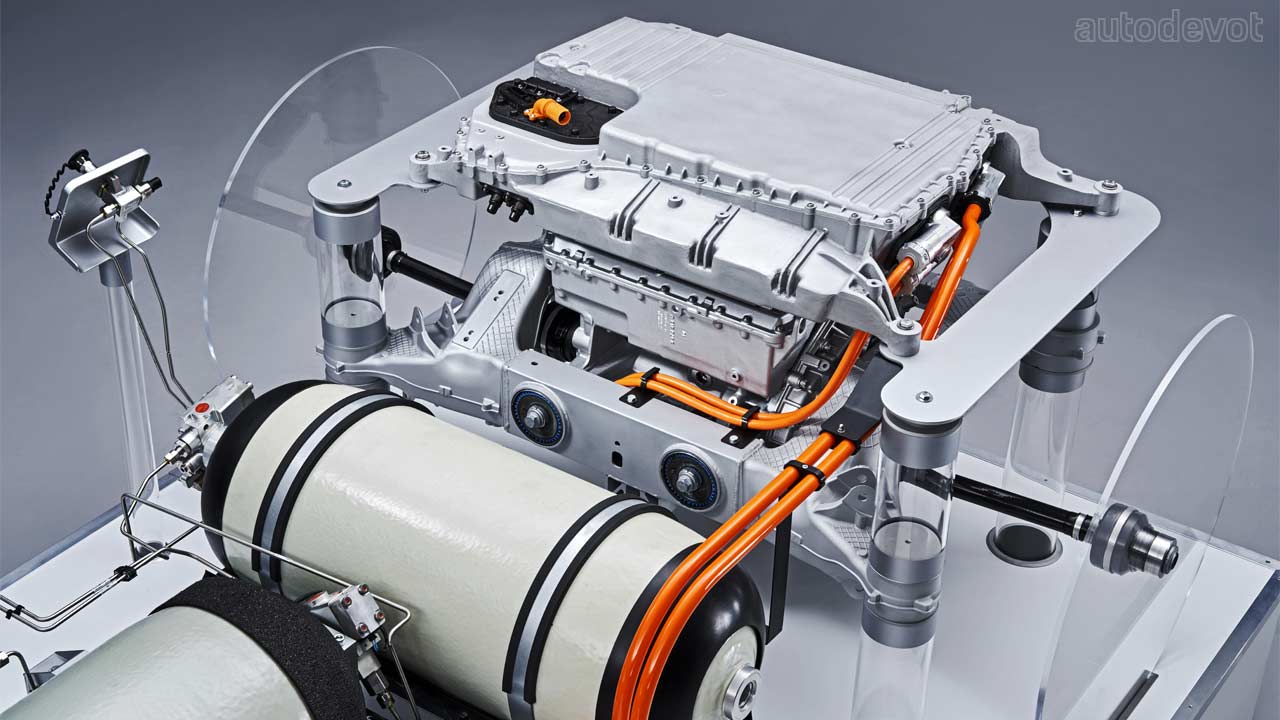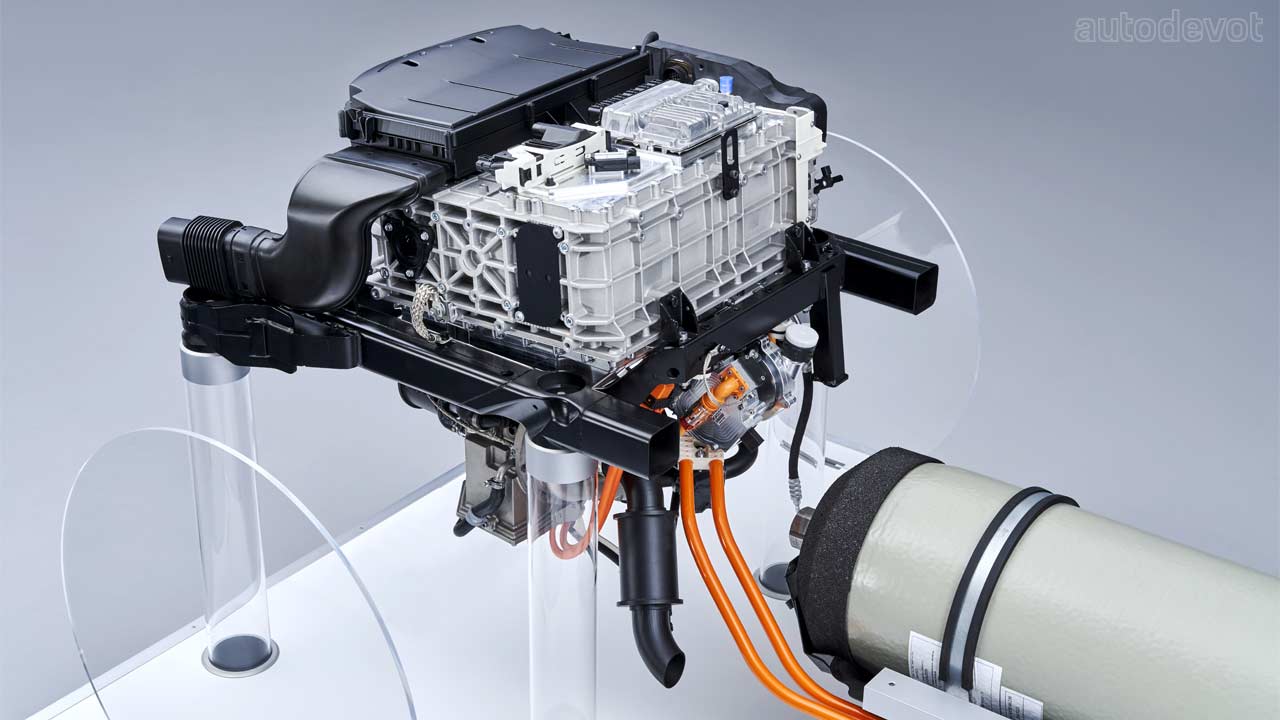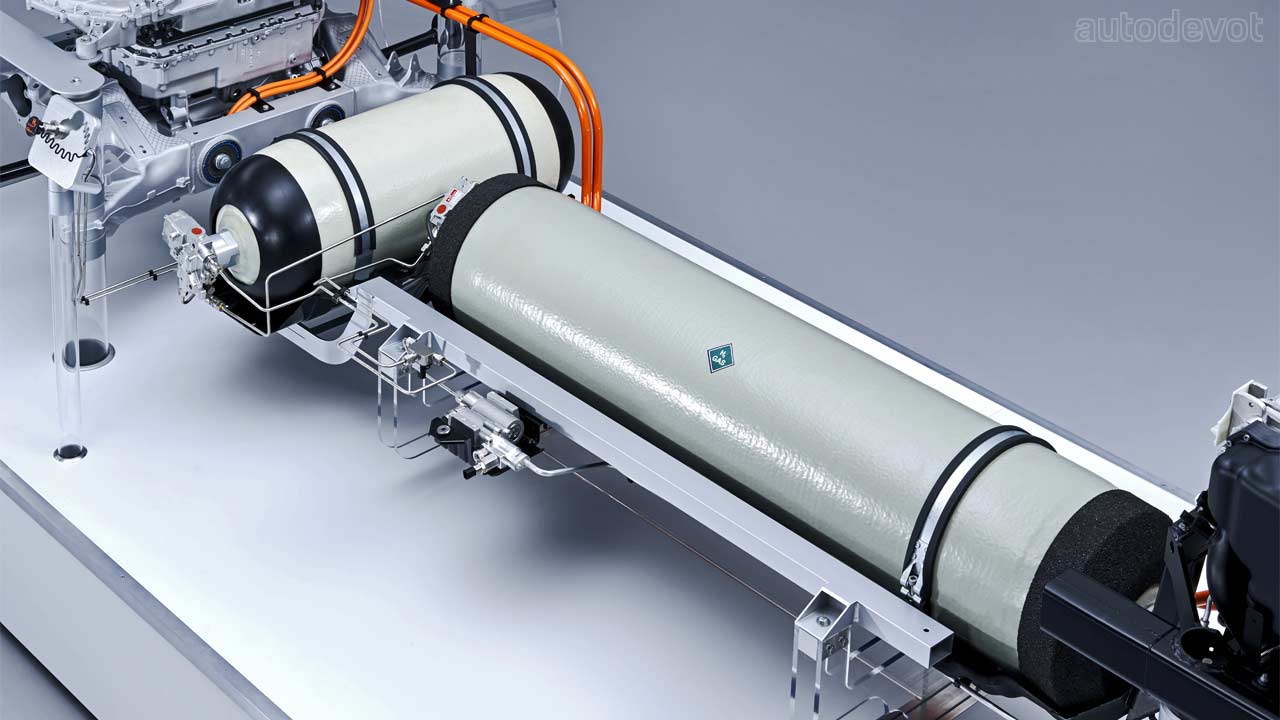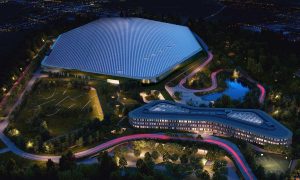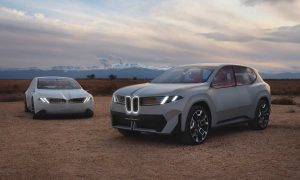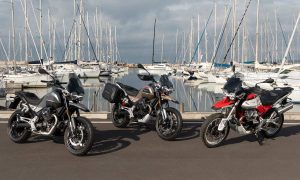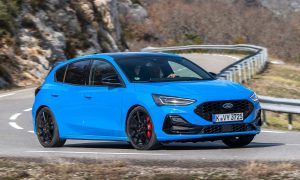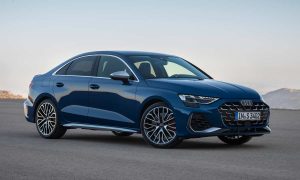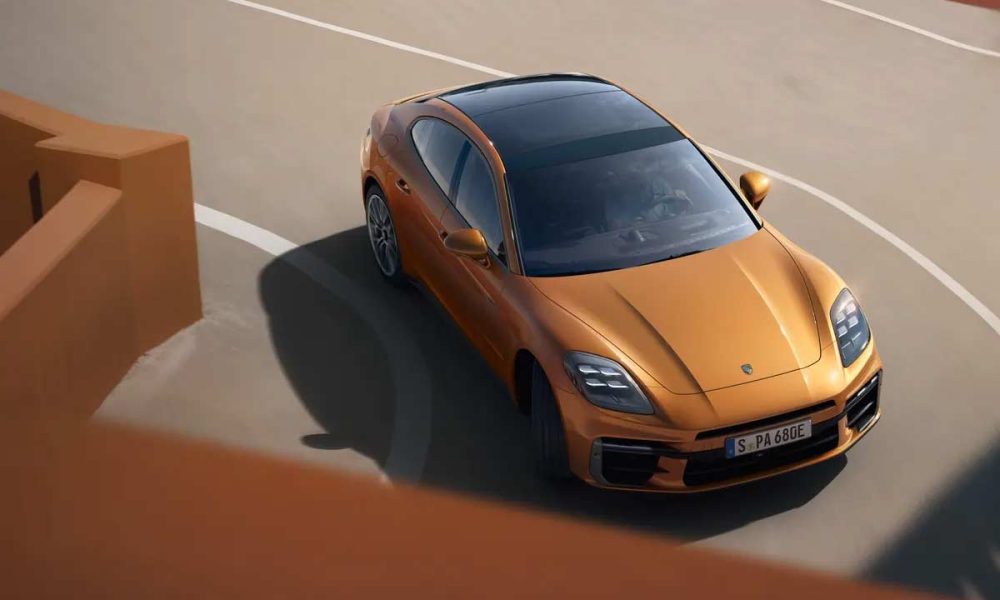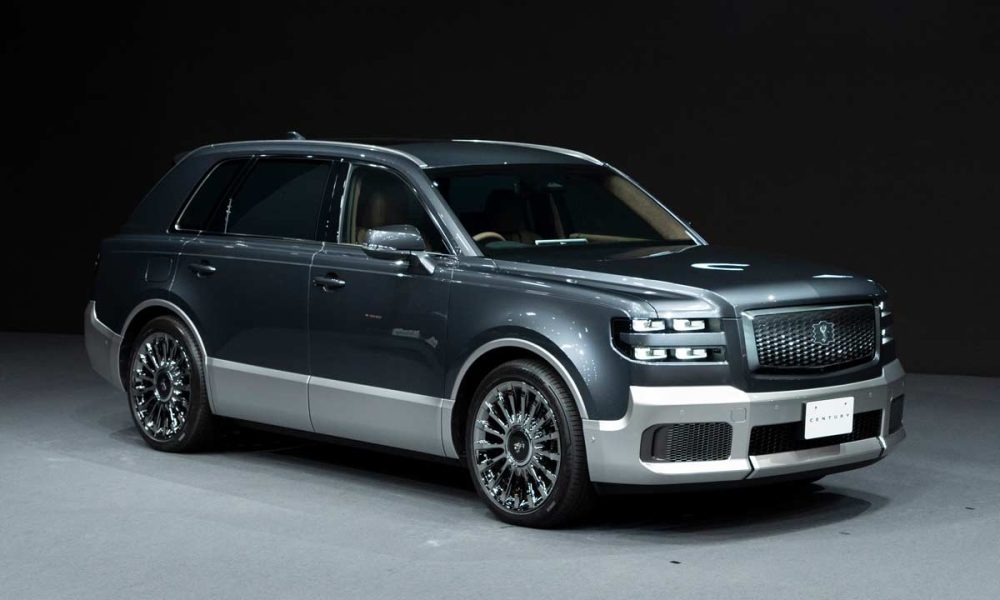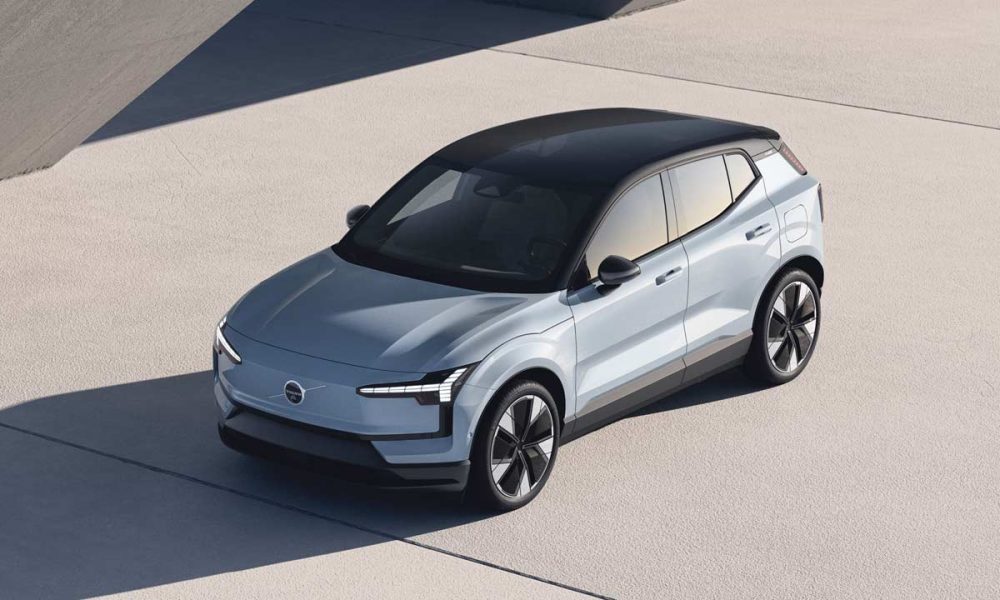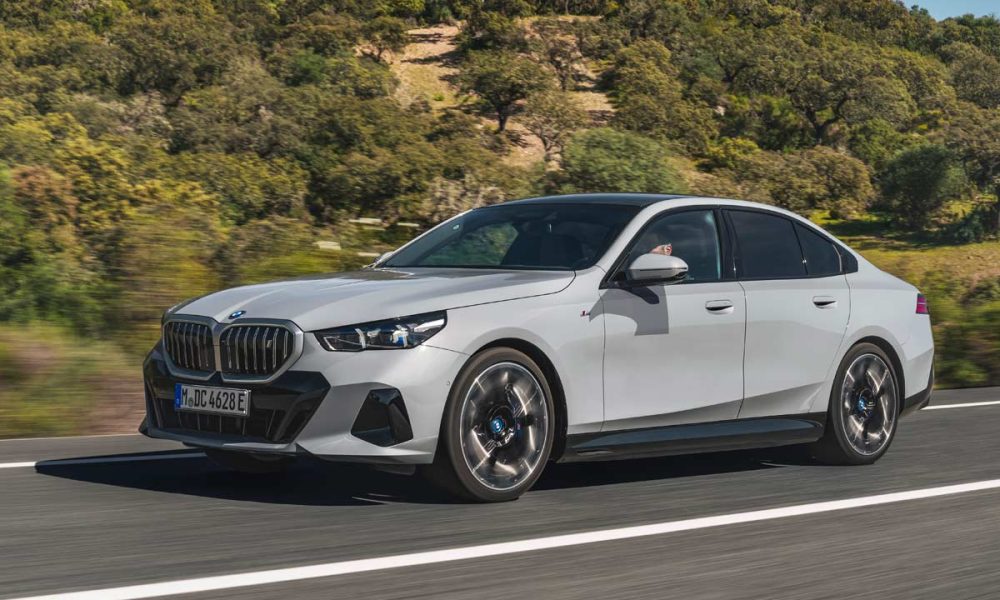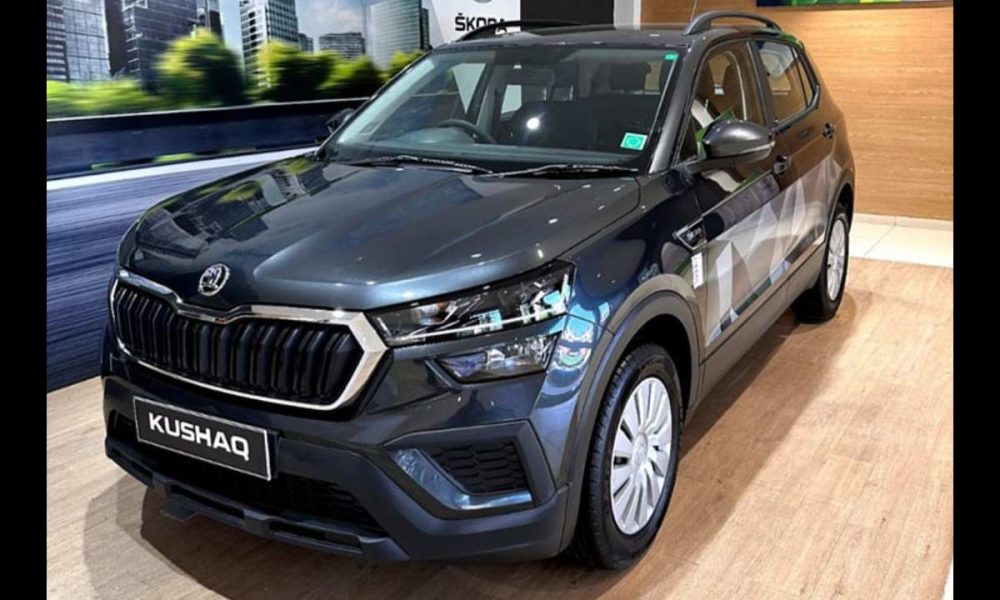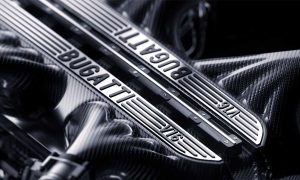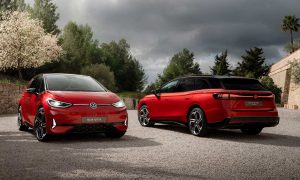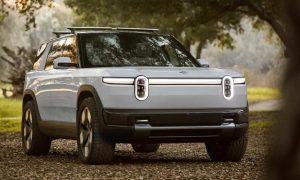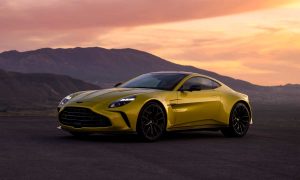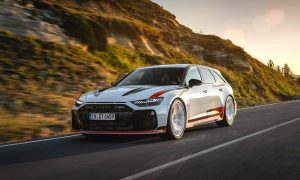BMW has shared a few more details on its ongoing collaboration with Toyota (since 2013) to develop FCEVs for the former. The company aims to offer a total of 25 electrified vehicles by 2023, including at least 12 all-electric ones. The X5-based i Hydrogen NEXT will most likely be the first series-production Fuel Cell Electric Vehicle from Munich.
According to Jürgen Guldner, Vice President of Hydrogen Fuel Cell Technology and Vehicle Projects at the BMW Group, the fuel cell system of the i Hydrogen NEXT generates up to 125 kW (170 hp) of electric energy from the chemical reaction between hydrogen and oxygen from the ambient air.
The electric converter located underneath the fuel cell adapts the voltage level to that of both the electric motor and the peak power battery — which is fed by brake energy as well as the energy from the fuel cell.
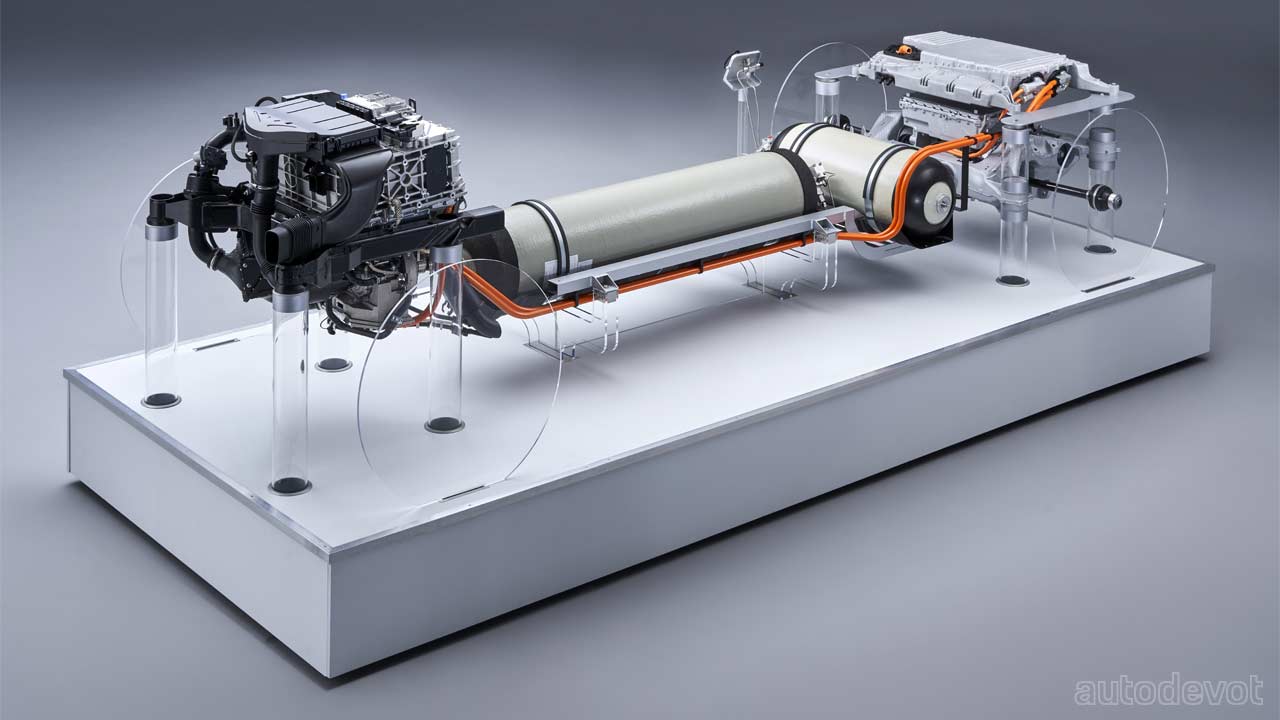
The vehicle also accommodates a pair of 700-bar tanks that can together hold 6 kg of hydrogen. Refueling takes only 3-4 minutes, said Guldner.
The fifth-generation eDrive unit which is all set to make its debut in the iX3, is also fully integrated into the i Hydrogen NEXT. The peak power battery positioned above the electric motor can inject an extra dose of dynamics when overtaking or accelerating. The total system output is claimed to be 275 kW (374 hp).
This hydrogen fuel cell electric powertrain will be piloted in a small series based on the current X5 that the company plans to reveal in 2022. A series-production FCEV will be brought to the market in the second half of this decade, depending on the global market conditions and requirements, BMW said.

Leave a Reply
Note: Comments that are unrelated to the post above get automatically filtered into the trash bin.
